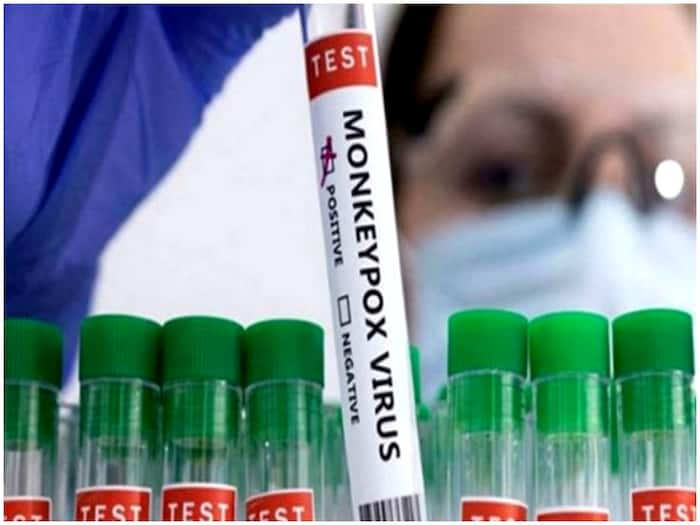UNICEF has announced the issuance of an emergency tender for the procurement of monkeypox vaccines.

New York: United Nations Children’s Fund (UNICEF) has issued an emergency tender for the procurement of monkeypox (Mpox) vaccines in view of its rapid spread. Mpox has been declared a public health emergency by World Health Organisation (WHO) and Africa Centres for Disease Control and Prevention (Africa CDC). UNICEF has issued a tender aiming to procure mpox vaccines for the most affected countries, in coordination with Africa CDC, Gavi, the Vaccine Alliance, WHO, the Pan American Health Organization, and other partners. This communal effort includes supporting the reallocation of vaccines from surplus stocks in developed countries, helping to mitigate the ongoing transmission of mpox.
Under the emergency tender, UNICEF will establish conditional supply agreements with vaccine manufacturers, enabling the organisation to purchase and distribute vaccines swiftly once countries and partners have secured financing, confirmed demand and readiness, and met regulatory requirements for vaccine acceptance. WHO is currently reviewing information submitted by manufacturers on August 23, with the Emergency Use Listing review expected to be completed by mid-September.
This year, the Democratic Republic of the Congo, the epicentre of the crisis, has reported more than 18,000 suspected cases of mpox, including 629 deaths, with four out of five fatalities occurring in children.
“Addressing the current mpox vaccine shortage and delivering vaccines to communities in need is of paramount importance. There is also an urgent need for a universal and transparent allocation mechanism to ensure equitable access to mpox vaccines,” said Leila Pakkala, Director of UNICEF’s Supply Division.
The emergency tender is designed not only to secure immediate access to mpox vaccines but also to expand production. Depending on demand, manufacturers’ production capacity, and funding, agreements for up to 12 million doses through 2025 may be established.
Vaccines serve as merely one of many strategies utilized to curb smallpox spread and protect communities. Besides the Africa CDC, institutions like Gavi, UNICEF, and WHO, together with other partners, are laying stress on prevention of infection, communication of risks, and community engagement. In response to the crisis, UNICEF has reached out, supplying countries in urgent need with protective equipment, medical tools, testing kits, personal care commodities, and makeshift shelters. This supports a variety of medical responses including treating patients, case isolation, and health surveillance.

